.jpg)
Artificial Intelligence (AI) is no longer just a buzzword in the healthcare sector; it's rapidly becoming a key player,revolutionizing the way we diagnose, treat, and prevent diseases. A report from the National Academy of Medicine highlights three major benefits of AI in healthcare: improved outcomes for patients and medical teams, reduced costs, and enhanced population health.
AI is making significant strides in transforming how we detect and monitor health conditions, using the sounds our bodies produce. From coughs to speech and even breathing, these bioacoustic sounds hold valuable clues about our well-being.Google's research team has recognized the potential of these sounds and developed Health Acoustic Representations (HeAR), a bioacoustic model designed to help researchers build models capable of detecting early signs of diseases through sounds.
HeAR has been trained on 300 million audio recordings, including approximately 100 million cough sounds, and has demonstrated a superior ability to identify health-relevant acoustic patterns, with remarkable performance even when using different microphones. One of the major advantages of this model is that it requires less data for training, which is essential in medical research where data is often limited.
AI's Breakthrough in Sound-Based Diagnosis
A concrete example of HeAR's impact is the collaboration with Salcit Technologies in India, which has developed an AI product capable of analyzing cough sounds to assess lung health. Using HeAR, Swaasa® is expanding its capabilities for the early detection of tuberculosis (TB), a treatable disease that remains underdiagnosed in millions of cases annually.This innovation offers an accessible and scalable solution without relying on sophisticated equipment, thus facilitating access to diagnosis in disadvantaged areas.
.jpg)
HeAR represents a significant step towards improving disease detection and access to healthcare, with the potential to fundamentally change how we approach the diagnosis of critical conditions such as tuberculosis globally.
AI is already proving its effectiveness in disease prevention and diagnosis. For example, in the case of polycystic kidney disease, researchers have used AI to automate the measurement of kidney volume, a process that was traditionally very time-consuming. With the help of AI, results can be generated in a few seconds, thus accelerating diagnosis.
A World of Accessible Healthcare: AI's Promise for Underserved Communities
AI is also used for risk assessment. AI has identified patients with left ventricular dysfunction, a sign of a weak heart pump, before symptoms were apparent. This illustrates the potential of AI to prevent serious events, such as heart attacks,through early risk identification.
In addition to diagnosis and prevention, AI can support public health by promoting information about disease prevention.Artificial Intelligence can analyze social media texts to predict disease outbreaks and even assist people in managing chronic diseases such as diabetes or hypertension.
However, AI is not intended to replace healthcare professionals but to assist them. For example, AI can help process large volumes of medical information and automate repetitive tasks, allowing physicians to focus on essential clinical decisions.
As AI continues to evolve, effective regulation is essential to ensure its fair and safe use. AI has the potential to completely transform the medical field, from diagnosis to treatment, prevention, and monitoring.
A Healthier Future: AI's Potential to Reshape the Medical Landscape
As populations age and public health crises become more frequent, the pressure on healthcare providers increases exponentially. In such a context, artificial intelligence (AI) and machine learning can become essential allies in modernizing the healthcare system.
The health technology sector has significant annual growth, but the major challenge lies in harnessing massive data, often stored in disconnected digital systems. AI can transform this data into useful information that can optimize workflows and improve the quality of care.
From predicting the risk of infections to analyzing the effectiveness of treatments, AI can automate repetitive tasks and support clinical decisions, reducing costs and improving the patient experience. With the help of AI, the healthcare system can become more efficient, providing higher quality care at a lower cost, thus radically transforming the current medical landscape.
